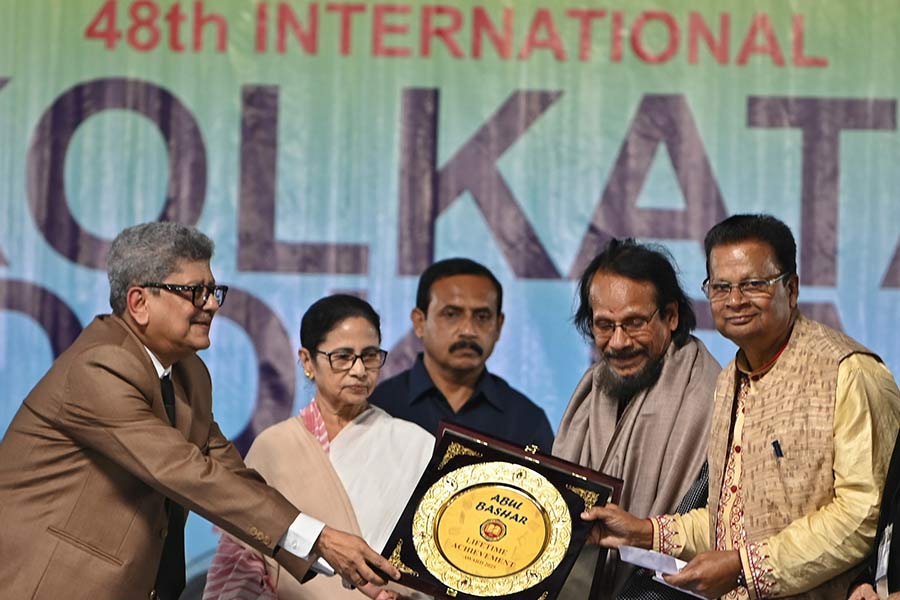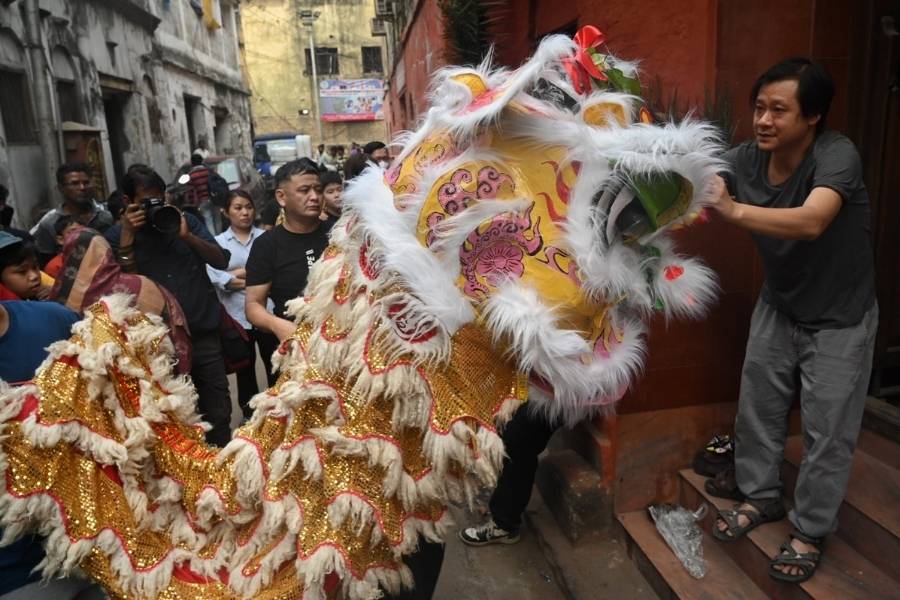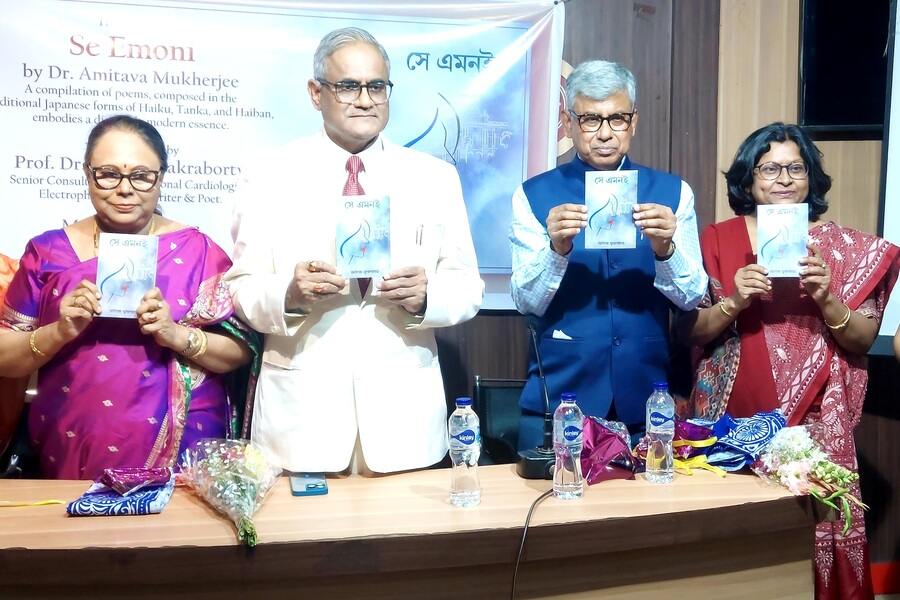 Wednesday, 29 January 2025
Wednesday, 29 January 2025
 Wednesday, 29 January 2025
Wednesday, 29 January 2025
The World Health Organization (WHO) has declared monkeypox a Public Health Emergency of International Concern (PHEIC), the highest level of global alert. While no official cases have been reported in India, the government is taking proactive steps to prevent an outbreak by tightening surveillance at borders and airports.
The Telegraph Online spoke to an expert on the symptoms and preventions of the Mpox disease.
On Monkeypox transmission
“The transmission of monkeypox requires close, continuous and intimate contact, making it less contagious than other viral diseases and even coronavirus” Dr. Tanu Singhal, senior doctor of Paediatrics and Infectious Disease at Kokilaben Dhirubhai Ambani Hospital told The Telegraph Online. She emphasised the importance of containment strategies like contact tracing and isolation to prevent the spread of the infection.
Challenges posed by the new Monkeypox strain
While smallpox vaccines offer some cross-protection, they were discontinued decades ago and are available for very high and risky cases. “Right now, the risk of monkeypox in India is quite low, however once a person is exposed, the rash first comes on the hands, legs and then face and then spreads inwards. The rash is somewhat like chickenpox and then it dries up after which it takes two to three weeks to completely go away which is extremely painful” Dr Singhal told The Telegraph Online.
How to avoid Monkeypox and what food to eat?
“Right now the only way to avoid Monkeypox is to avoid going to Africa where the disease is ongoing” added Dr Singhal. “There is no such specific food which can cure monkeypox, however a person infected with the disease might find it difficult to swallow hard food and therefore might have to eat soft food or be on liquid diet” Dr Singhal told The Telegraph Online.
AIIMS Delhi issues guidelines for Monkeypox
AIIMS Delhi has issued guidelines detailing the protocols for managing suspected monkeypox cases. AIIMS has also identified key symptoms to watch for: fever, headache, muscle aches, back pain, swollen lymph nodes, chills.
Preparedness in National Capital
Government Hospitals like Safdarjung Hospital in Delhi have been designated to provide definitive care for isolation of monkeypox patients. In addition, isolation facilities are prepared at Ram Manohar Lohia Hospital and Lady Hardinge Hospital. Suspected patients are to be referred to Safdarjung Hospital for further evaluation and treatment, with a dedicated ambulance available for safe transport.
AIIMS has also emphasised the need for healthcare staff to wear personal protective equipment while handling suspected cases and to maintain detailed records of patient interactions. The Integrated Disease Surveillance Programme officials must be notified immediately when a suspected case is identified, on mobile number 8745011784.
Health Minister’s response and preparedness
In response to the WHO's declaration, J.P. Nadda, Union Minister of Health and Family Welfare, posted on X (formerly Twitter): "Reviewed the current situation and preparedness with senior officials of the Ministry following the World Health Organization's declaration of Mpox as a Public Health Emergency of International Concern. No cases of Mpox have been detected in India so far. The Government of India is taking proactive measures to prevent and control the potential spread of the disease. The @MoHFW_India is closely monitoring the situation and remains fully committed to safeguarding public health."







